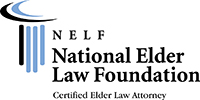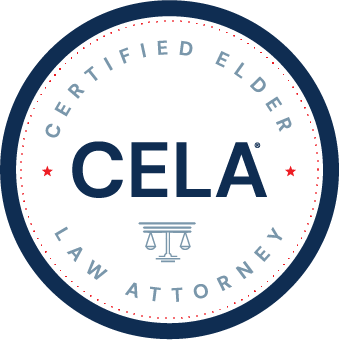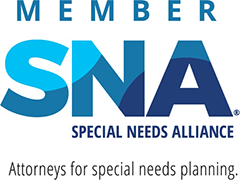A few months ago, I met with a family with the following set of circumstances; Sue, the mother, has cancer; Jim, the father, is employed; one son, Steve, is 17 with autism in addition to other special needs who does not receive public benefits; the other son, Bruce, is a college graduate and works in a neighboring town. Sue’s father recently died and left Steve $45,000 worth of bank stock. There are a variety of issues that must be addressed with this family.
Firm News
Recent Social Security Administration (SSA) rules have the potential to impact the validity and administration of special needs trusts. This article addresses important implications of paying for third party travel and paying third parties for goods and services with the funds of a special needs trust.
It appears that Medicare Advantage Organizations (MAOs) and Prescription Drug Plans (PDPs), Medicare Part C and Part D private carriers, also come into the fold as entities that parties will have to deal with regarding Medicare secondary payment subrogation rights as these private carriers begin seeking reimbursement for payments made for services in which Medicare is a secondary payer.












